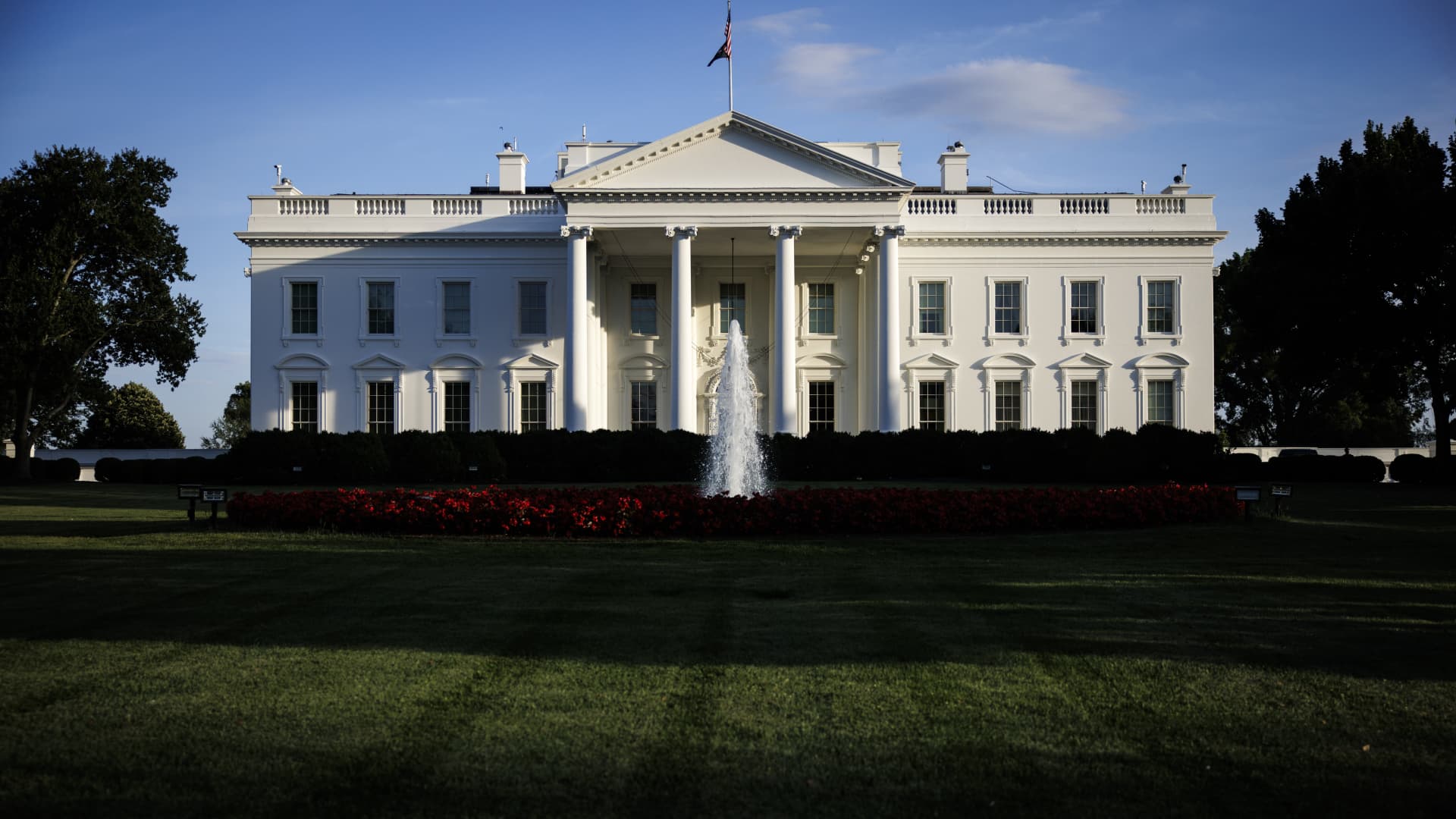Turkey Given High Marks in Fight Against Narcotics
The report, considered a reference for international drug trafficking statistics, noted that although Turkey is a central point for heroin smuggling and processing, the country’s security forces had dealt a severe blow to the narcotics trade. Turkish security forces are reported to have seized 2.7 metric tons of heroin, 7.9 metric tons of morphine base, 6.8 metric tons of cannabis, 8,680,000 pills of Captagan, 99,000 Ecstasy tablets and 49,000 liters of the heroin precursor chemical, acetic anhydrid, during the year 2002. A total of 9,652 people were taken into custody.
The report indicated that Turkey has come a long way from prior years in its battle against drug trafficking but that drug dealers continue to view Turkey as a base of operations. According to the report, numerous tons of heroin are processed in Turkey every month and smuggled out of the country, but cultivation is not engaged in except for marijuana, which is produced for local consumption.
Turkey had been criticized as being the "center of the narcotics trade" until the issuance of this report. The Kismetim-1 sunk with 3.5 tons of narcotics aboard in international waters in the Mediterranean Sea on Dec. 15, 1992. Fourteen tons of heroin were also seized on the Lucky-S in 1993, fuelling further criticism against Turkey. Accusations reached their peak in 1997, when a Frankfurt court claimed, "A female minister in Turkey is protecting smugglers," in a narcotics case in which Turkish citizens were among the suspects. When pressed by journalists, the German court’s presiding judge claimed that the woman referred to was Minister of Foreign Affairs Tansu Ciller.
Ankara was the subject of similar criticism in reports issued by the United States, England and France following these incidents. England alleged that 80 percent of the narcotics going to Europe transited Turkey. U.S. President George W. Bush gave Turkey a place among the "countries causing anxiety" in the production and trafficking of narcotics in a letter sent to the House International Relations Committee chairman and its members in November 2001.
Sedat Gunec / Ankara / TURKEY


